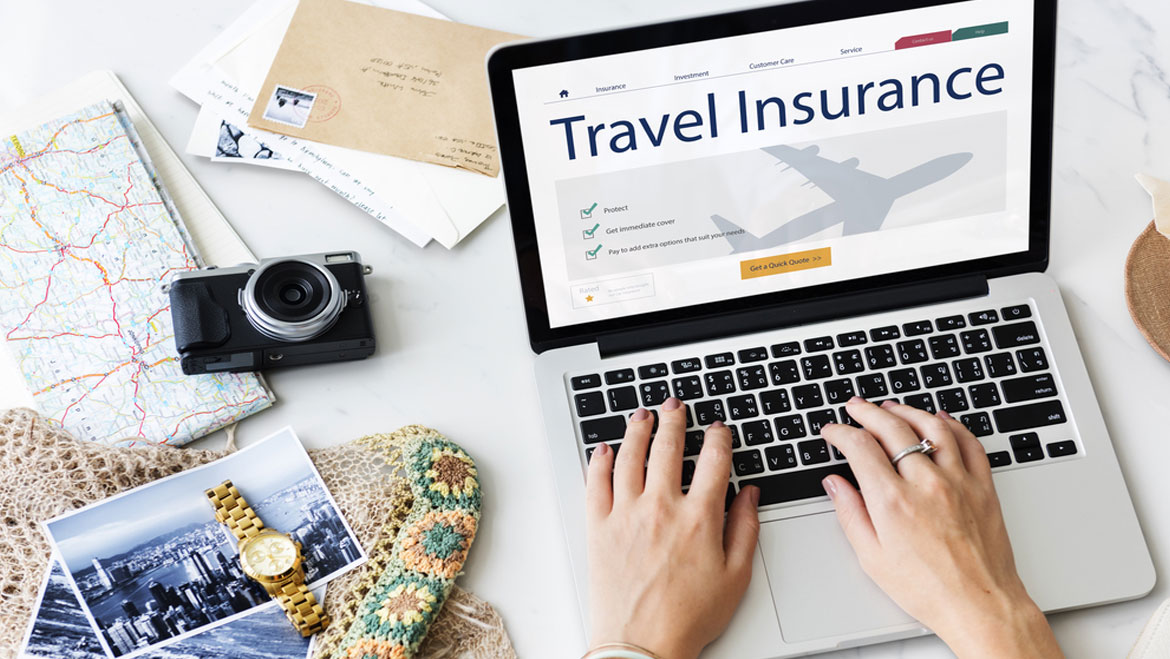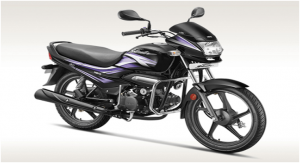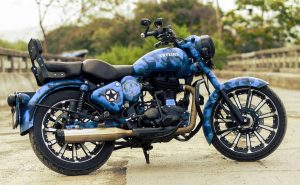Terms of Exchanging Rupiah at Banks and Money Changers
Exchanging rupiah to foreign currency or vice versa requires certain conditions. In addition to knowing the foreign currency code, which you will compare with the Indonesian rupiah currency code, you also have to prepare other things that are usually related to personal identity.
The currency exchange process does not take long, as long as you prepare all the things. The process requires fairly strict identification to prevent fraud or money laundering. The following are the conditions for exchanging IDR at a bank or money changer.
4 Terms of Exchanging Rupiah and Foreign Currency
1. Prepare an ID card
Identity cards such as KTP or SIM are mandatory requirements to be able to exchange currencies. That’s why only those who are already 18 years old with an identity card can do it because they must record their identity to avoid the risk of fraud.
You must carry an identity card when exchanging at a bank or a money changer. It must be in physical form, original, undamaged, and under the person making the transaction. After, they will check the suitability and make a copy of the nominal amount of the transaction.
2. Fill out the form
Before the exchange, you will also need to fill out a form. The aim is to prevent misunderstandings in the event of a transaction between the exchange party and the money institution. You will also need to sign a form, even if it is not on a stamp.
Filling out the form will be legal evidence that the money exchange or transaction has occurred knowingly. That way, the possibility of misunderstandings that happen in the future can be resolved easily and quickly without having to involve the authorities.
3. Money condition
According to Nat Geo Indonesia, the condition for exchanging money is to pay attention to the shape of the money. Money changers or financial institutions will usually refuse the form of cash already in bad condition. Moreover, foreign exchange rates are not valid later to apply again.
When you do the foreign exchange, you should also look at the condition of the money received. Make sure it is not worn, folded, and has no streaks. Bad money does not apply to trading in the market or resale in certain countries.
4. Check before exchanging
An equally important condition is to check before exchanging. The reason is that this check has a purpose so that you don’t feel disadvantaged. Before making an exchange, make sure you have checked the condition of the exchange rate prevailing on that day or hour.
Each financial institution has a different policy on transaction processing. Between one money changer with another will always be different. So, make sure you have chosen the best place to exchange your money with a legal institution.
Also make sure that the option to exchange your money is applied securely. Of course, you must perform the above conditions to avoid transaction risks such as less or more money failing to count or accusations of money laundering.











Post Comment